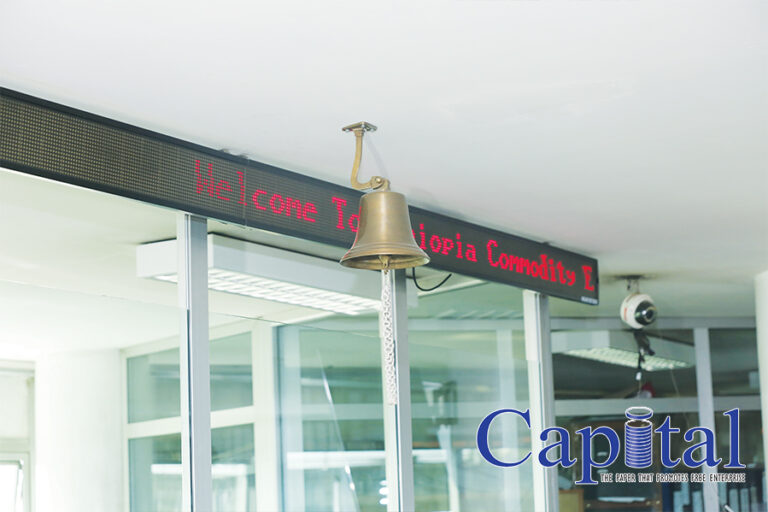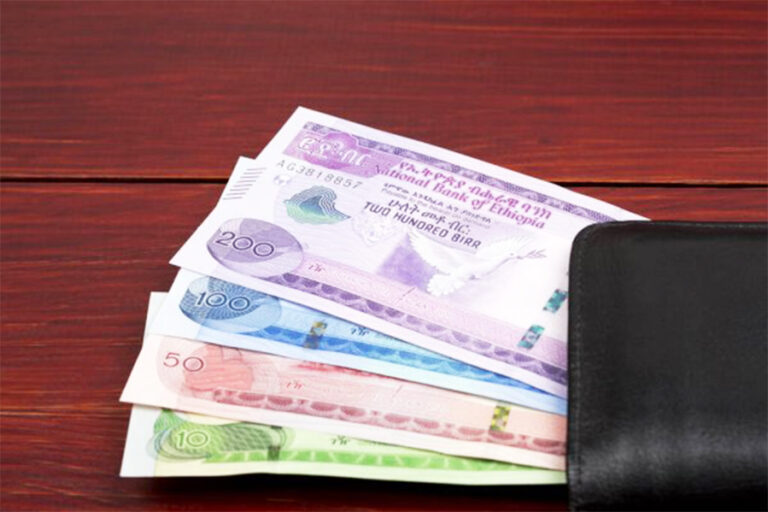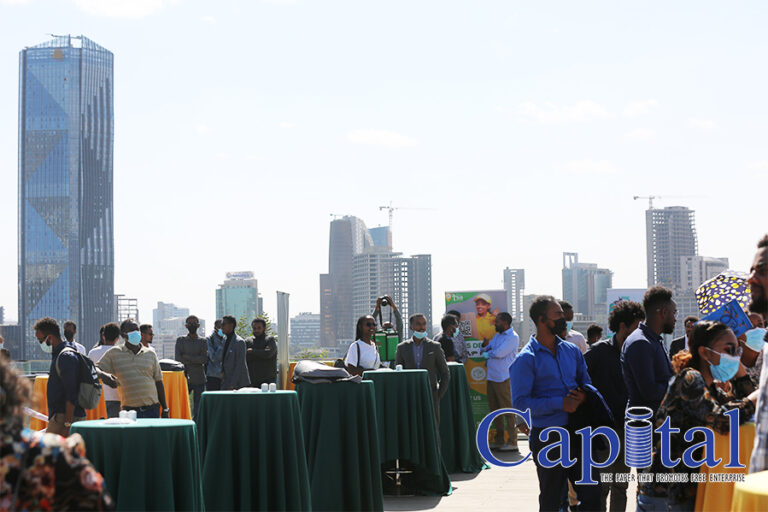Bayern Munich striker Robert Lewandowski won the Men’s player of the Year award for the second year running.
The 33-year-old Poland international set a new record for most Bundesliga goals in a calendar year with his 43rd goal in December, breaking the record set by Gerd Muller in 1972. Lewandowski, winner of the men’s award in 2020, also became the first player in Bundesliga history to finish top scorer in four consecutive seasons.
Barcelona mid fielder Alexia Putellas was named Women’s Player of the Year adding the accolade to her Ballon d’Or triumph. Putellas, 27, captained Barcelona to the treble, with the Catalan side winning the Women’s Champions League, Spanish league and Copa de la Reina last term.
Chelsea’s Emma Hayes and Thomas Tuchel won in the best coach categories, while Senegal international Édouard Mendy picked up the prize for goalkeeper of the year. Tuchel, who took over at Stamford Bridge in January 2021, won the best men’s coach award after helping Chelsea to the Champions League.
Cristiano Ronaldo has been honored by FIFA for becoming the all-time leading goal scorer at international level. The Manchester United legend has now scored 115 goals for Portugal, breaking Ali Daei’s previous record of 109.
Erik Lamela’s stunning rabona goal against Arsenal in March was handed the prestigious Puskas Award beating off competition from the likes of Patrick Schick’s effort from the halfway line for the Czech Republic against Scotland at Euro 2020 and Medhi Taremi’s overhead kick for Porto against Chelsea.
Lewandowski and Putellas named 2021 Best FIFA Men’s & Women’s Player
Oromia region drifts away from ECX
Oromia region decides to incline towards vertical integration trading which has sharply shrunk the coffee product supplied to the electronic trading platform, Ethiopian Commodity Exchange (ECX), Capital has learnt.
It is to be recalled that on its establishment in 2008, ECX had embarked its exclusive trading with coffee and other export commodities followed the path.
However, a couple of years ago the Ethiopian Coffee and Tea Authority (ECTA) introduced vertical integration as an alternative to trade export for coffee besides the electronic trading platform.
The authority has also stated that it has seen success on the new trading scheme in terms of increasing the volume and value from coffee export. It has also said that the scheme has made farmers more to benefit more from the scheme.
Particularly in the past budget year, a significant volume of coffee was exported through vertical integration, a scheme that connected exporters directly to suppliers or farmers rather than a platform facilitated by ECX.
In the five months of the budget year, the coffee export has registered huge achievement to which Adugna Debela, Director General of ECTA, told Capital that the role of vertical integration was significant in attaining the success.
Reliable sources told Capital that the administration in Oromia region has reached a consensus to sell almost all export coffee through vertical integration.
“The regional administration at senior level has decided this year’s harvest to be sold through the new scheme rather than ECX,” a source told Capital.
Based on that, most of the beans which is the major export commodity of Ethiopia which is sourced from Oromia will not trade at ECX.
Sources at ECX have also confirmed that. Sources said that currently the bean that comes from Oromia is mainly specialty or a product that is sold for a local market.
“The volume of coffee that is traded at ECX in the first six months of the current budget year has declined significantly. It shows how the bean that comes from Oromia has dropped,” sources at ECX said.
Oromia is producer of more than three quarter of coffee in the country.
“Currently we are mostly trading coffee which comes from Sidama and West South, the two new regions which split from SNNP, and from Gedio of SNNP,” ECX’s sources added.
Coffee products in the family of Mizan, Tepi, Bench Maji, Yirga Chefe and Sidama are included from those that come from the stated regions above, while small volumes of coffee from other regions like Gambela has also come to the ECX warehouse for export.
However the regional administration passed a decision that almost all export coffee shall be traded outside the ECX, which caused uproar by some of the suppliers. “Some of the suppliers want to trade the product through ECX since they shall get their money immediately when the bean is sold, while on the vertical integration that may not happen,” sources explain.
Some other experts support the decision of Oromia region.
Dawit Tadesse, Assistant Professor and Managing Partner of Lead Plus Consulting, partly supported the decision. “As far as my knowledge, the impact assessments of ECX that show increase for the country, in earnings, production and productivity have not been conducted. Besides that the trading platform was formed on the aim to empower the farmer. Actually it has not benefited farmers since the main actors are suppliers who buy the product from farmers and exporters,” he expressed his argument to Capital.
“There were hypothetical assumptions that farmers shall sell their products on competitive price since they have prices and other relevant information because of the modern trading platform but actually they are still out of the play ground,” a lecturer and business consultant explained.
He said that the new experience that connects farmers to exporters is the latest trend that may benefit farmers.
“Commodity trading systems in other African countries have not been successful, while their governments are not using the trading platforms as mandatory and the only scheme for their agricultural products,” Dawit elaborates, adding, “it is different in Ethiopia. ECX is politically imposed by the government and it is the only trading place for major agricultural export commodities like coffee or sesame.”
“If it was not an exclusive trading place the benefit or failure of ECX would have been seen. I am not stating that ECX is fully defunct. In my view the government must see alternative ways to modify the trading scheme to make farmers benefit more from the scheme,” he concluded.
In related with the out coming of new products, ECX has also introduced several beneficiary schemes to attract suppliers to trade the beans through its trading scheme.
In the first five months of the 2021/22 budget year, the country secured almost double hard currency compared with the same period of last year from coffee export.
Few weeks ago Adugna said that the vertical integration scheme brew success in terms of export earning.
For the current year five months over 133,113 tons of coffee has been exported showing increment of 51,546 tons compared with the preceding year.
ECTA’s projection was that to earn USD 359 million by exporting 108 thousand tons of coffee. However, the actual performance exceeded by 44 percent in terms of revenue that was USD 515 and 23 percent higher in volume.
Birr shrivels in value against the dollar
The value of birr has shown a depreciation of over a quarter when compared against the dollar in a single year.
The government under the Home Grown Economic Reform Agenda has taken several macro economic reforms besides structural changes and sectoral reforms.
One of the measures taken by the government is that of making the value of birr equivalent to its market value.
As per that measure, the value of birr has dropped by 25.5 percent year-on-year from December 31, 2020 to December 31, 2021 against the USD.
As the depreciation rate hit more than a quarter in a single year, the government has promised to apply a policy to give the birr a proper place against major hard currencies for the time being since the exchange market is currently regulated by the government which will be free to be governed by the market in due time.
Owing to the depreciation of the currency, the urgency to move towards a market-based exchange rate and foreign exchange (FX) market liberalization is well on course.
Under that process, a fraction of cents depreciation will be observed on the daily exchange rate in the past few years. International partners like the IMF have also urged the government to increase the pace of exchange rate depreciation.
According to the exchange data, on December 31, 2020 the selling price of a dollar was 39.96 birr that surged to 50.17 at the end of last year. The exchange rate on Thursday January 13 stood at 50.43 birr.
Within six months of the current fiscal year that started on July 1, 2021 and closed December 31 alone, the birr has depreciated by 12.5 percent value against USD.
Meanwhile the depreciation rate to USD is not similar compared with other major hard currencies like pound sterling or euro.
The value reduction of birr against the pound and euro is a bit lower in terms of percentage when compared with the USD.
For instance the selling rate of pound on December 31 2020 was 51.94 birr that depreciated by 23.68 percent to 64.24 birr.
Similarly, the selling rate of a euro on December 31, 2020 was 49.03 birr that reached to 56.51 birr after a year by depreciation of 15.25 percent.
Meanwhile in the preceding period for instance in the past fiscal year, the depreciation rate of birr against pound and euro was higher when compared with the depreciation rate against USD.
According to experts, the difference in rate between currencies depends on the value of the major exchange rate in the global market.
National Bank of Ethiopia recently reported that during the fourth quarter of 2020/21 that ended June 30, 2021, in the retail foreign exchange market, the average buying rate in the forex bureau of commercial banks stood at 42.53 birr /USD, showing a 25.6 percent annual depreciation, while the selling rate (43.37 birr /USD) depreciated by 25.7 percent. Thus, the average spread between the buying and the selling rates increased to 2.0 percent from 1.9 percent a year ago.
“During the review quarter, through the fast depreciation of Birr along with the relative price advantage of domestic economy nominal effective exchange rate/NEER appreciated by 80.1 percent and resulted in real effective exchange rate/REER to depreciate by 0.01 percent. Thus, it slightly enhances international competitiveness of the country in global market,” the report disclosed.
About a year ago, officials of the Ministry of Finance had stated that the government is using the diversified devaluation method.
Eyob Tekalign, Finance State Minister, explained that the meticulous approach, which is derived from Ethiopia’s context, was introduced to adjust the distorted foreign exchange system.
The State Minister indicated that the shortcomings in Ethiopia’s poor market system have caused a huge disparity between birr’s real value and the amount it is being sold at in the market.
He said the distorted foreign exchange system and the market do not showcase the real value of the birr.
The government has also stated about two years ago that continued commitment to closing the gap with the parallel rate is to eventually move to a market-clearing exchange rate but signaled a need to continue moving with caution.
It has also stated that a FX roadmap has been undertaken to lay the groundwork for an eventual move to a market-clearing exchange rate.
Ministry vows to back afflicted SMEs
Ethiopian Ministry of Labor and Skills has begun detailed assessments on the damages of enterprises resulting from the conflict in the northern part of the country, with the severity of the damages to be disclosed as soon as assessments are finalized.
According to the Ministry, the damage is unknown. As a result, the Ministry has formed and sent a team to look into the matter. “We are carrying out an extensive investigation on the damages after which we will provide the necessary assistance required following the analysis,” explained Muferiat Kamil, Minister of Labor and Skill.
As the Ministry said, based on the assessment enterprises will get different supports to re-build their businesses.
The Ministry is working to bring the government, private sector, development partners, and young people together to ensure that all young people are either in education, training, or in employment by 2030.
The Ministry of Labor and Skills has also organized a forum to connect the Ethiopian Diasporas that came home following the Prime Minister’s call to bloom entrepreneurs.
Speaking at the ceremony, Muferiat indicated that the government is conducting different efforts to support the sector including preparing policy. And the Ministry in its part is working with different stake holders and government organizations to develop the sector.
The Diaspora Tech Homecoming: Entrepreneur Pitch and B2B connecting event which was held on January 13, 2022 at Friendship Park with the presence of higher government officials brought together 50 plus selected startups who attended the program briefing participants on their product and service.
In her opening remarks, the Minister of Labor and Skills underlined that it is important to encourage entrepreneurs and keep them engaged. During the ceremony novice entrepreneurs were exposed to potential investors and Diaspora from various countries. Similarly, the Diaspora, esteemed ministers and guests from various institutions visited the works of the youth.






